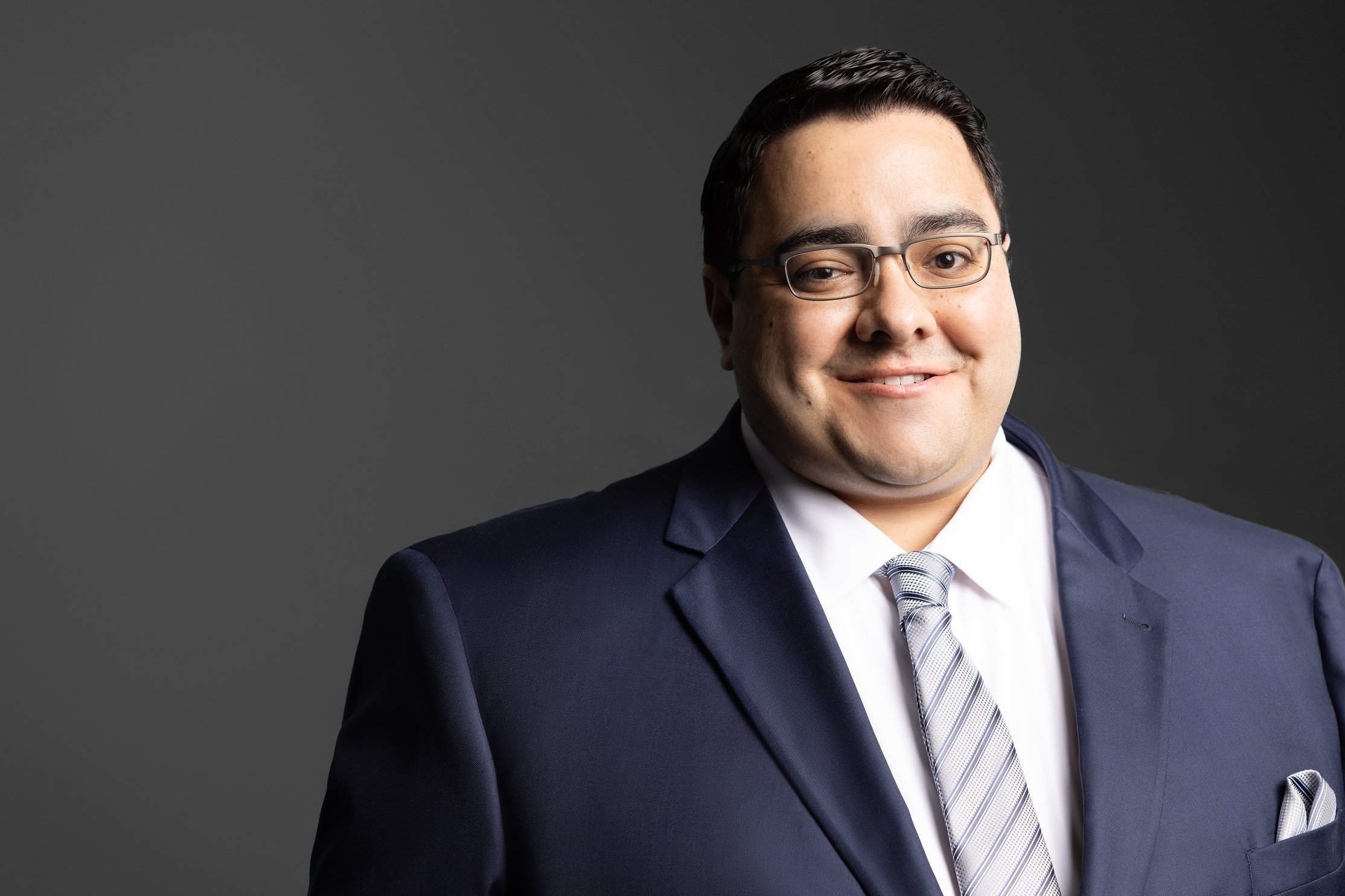
Dr. Corbin J. Standley
Meet Corbin
Dr. Corbin J. Standley, PhD, is a community psychologist and researcher who has worked with community-based organizations across the country to turn data and research into action to create change. His work focuses on public health and community-level approaches to suicide prevention through capacity building, equitable systems change, and policy change.
Dr. Standley’s research agenda broadly examines how social and systemic contexts impact suicidality and the role of social-ecological factors in prevention. More specifically, his work examines how oppression and marginalization, intersectionality, and social support shape youth suicide risk and prevention. His dedication to community-engaged scholarship earned him the American Association of Suicidology’s Citizen Scientist Student Award in 2020 and a nomination for Forbes 30 Under 30 in the Science category in 2021. Standley has also used this research to inform his policy work at the state and federal levels in providing testimony, helping to draft legislation, and working with legislators to prevent suicide. These efforts earned him the Sandy Martin Grassroots Field Advocate of the Year Award from the American Foundation for Suicide Prevention (AFSP) in 2019.
Dr. Standley is the Director of Impact Communication and Continuous Improvement at the American Foundation for Suicide Prevention. In this role, he leads the evaluation of special initiatives and partnership projects, supports the continuous improvement of AFSP programs and initiatives, works to align evaluations with suicide prevention and best practice frameworks, leads the internal and external communication of AFSP reach and impact evaluation findings through high-quality written products for internal and external groups as well as professional and academic dissemination, and lends his DEI and translational science expertise to inform community, systems, and policy change.
Dr. Standley is also an experienced leader having served on numerous boards and coalitions. His leadership focuses on collaboration, capacity building, strategic planning, and strengthening diversity, equity, and inclusion. He is a member of the Tri-County LifeSavers Suicide Prevention Coalition and has also served as a Board Member, Board Secretary, and Board Chair for the Utah and Michigan Chapters of AFSP. In 2020, he was appointed by Governor Whitmer to serve on the Michigan Suicide Prevention Commission. His leadership in suicidology and in the community earned him the Disciplinary Leadership Award from the Council of Graduate Students at Michigan State University in 2021.
Dr. Standley has presented research and served as a keynote speaker, featured speaker, panelist, and moderator both nationally and internationally. These events have covered topics such as community mental health, equity, public policy, suicide prevention, diversity, equity, and inclusion, and coping with grief. Dr. Standley holds a PhD in Ecological-Community Psychology from Michigan State University (2023), a Master of Arts from MSU (2019), and a Bachelor of Science degree in psychology from Weber State University (2015).





